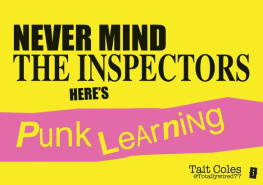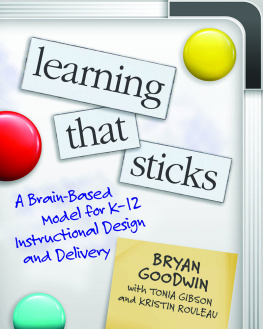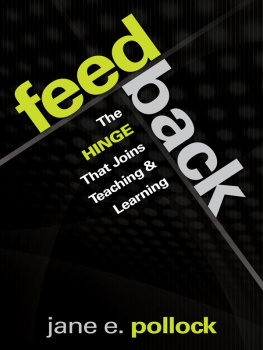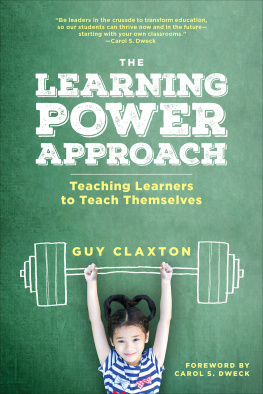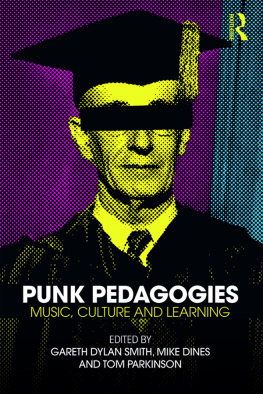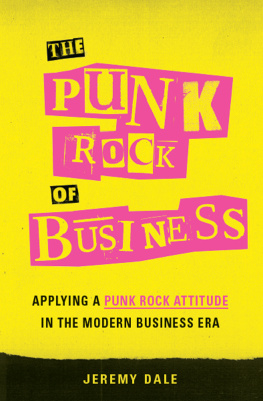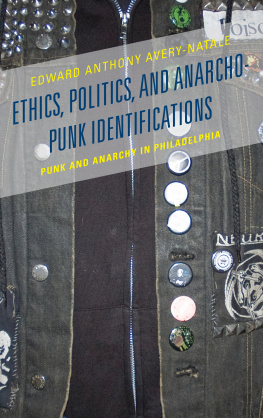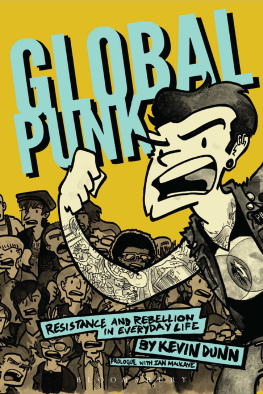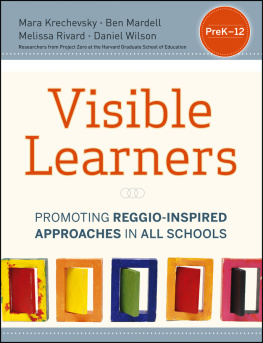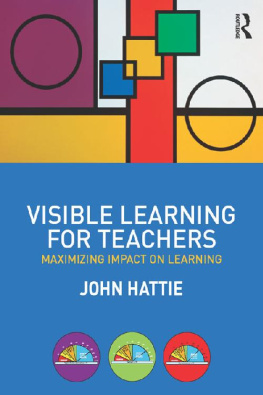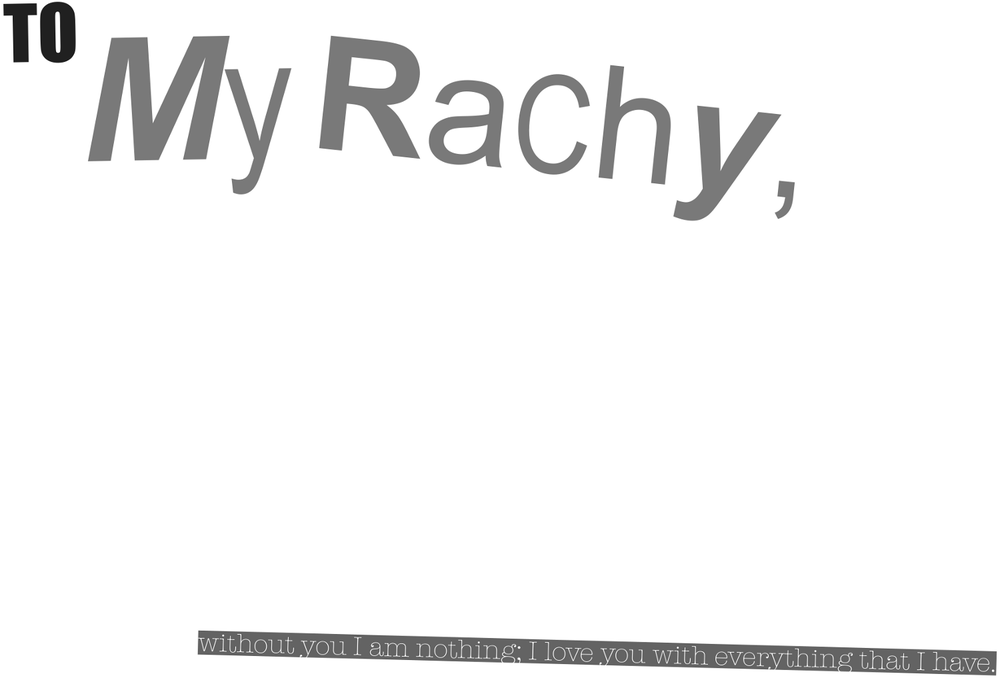Punk is the freedom to create, freedom to be successful, freedom to not be successful, freedom to be who you are. Its freedom.
It was the long hot summer of 1976. I didnt have a Chopper bike or a Space Hopper but I was happy. Elton John and Kiki Dee were riding high in the charts, Demis Roussos was doing for big shirts what Nana Mouskouri had done for spectacles and Wurzelmania was rife.
And somewhere in London, The Clash and The Damned were playing their first ever live gigs as support to an outrageous group known as the Sex Pistols.
I was never a punk (except for doing a parody of the Sex Pistols single No One Is Innocent about teachers in my school in a leaving assembly two years later) but I was into punk. I wasnt anti-establishment. I wasnt into swearing or spitting. I didnt have to think about which drugs to take but rather whether to watch Tiswas or Swap Shop. All the same, I liked punk.
I think the fact that I would always choose Tiswas shows what an anarchist I really was. And the nearest Tiswas came to punk was when Sally James asked Kevin Rowland of Dexys Midnight Runners (who had been auditioned by Malcolm McLaren to front the Sex Pistols a few years earlier) where they got their name from, to which he replied, rather incredulously, You do know what Dexy is? She moved on quickly. The fact that even now, over thirty years later, I have to turn to Wikipedia to finally find the answer to that question from my childhood shows what sort of childhood I had.
Fast forward a few decades and Im sitting, appropriately for punk, in a London pub, although this one is more Docklands than Badlands. Im with Phil Beadle, himself a consummate singer and musician with a couple of great CDs to his stage name, discussing the state of education in England. What was upsetting the two of us was the stultifying Ofsted obsession consuming schools, where teachers were unable to sneeze for fear of doing it in a way that the inspectors wouldnt approve. It was then that the phrase Never mind the inspectors and the echo of my childhood dabbling with the Sex Pistols came into my head. It stayed there until I put it together with the remarkable work Tait Coles was doing under the banner punk learning that I came across some time later. A match made in heaven, or Twitter at least.
Punk learning is the antidote to Ofsted-focused teaching in the way that punk rock was the antidote to keyboard solos that lasted longer than an edition of Top of the Pops. But punk rock was about more than just the rock, and punk learning is more than just what you do in the classroom. As this marvellous book will show you, it is about how you do what you do, who you are in the classroom, what level of authenticity you bring to the classroom, how arrogant you are in your defiance of what you dont believe in. It is about tearing down walls and tearing up books, about looking the inspector in the eye and saying, You know what? We aint perfect and we dont care!
And, above all, it is about putting the learners in control real, scary, honest, authentic control of their learning.
Unlike many books on the market these days, this book is not a how-to guide with a checklist of top tips. Quite the opposite. Of course, you can have a go with some of Taits ideas. They are all tried and tested, and he is, please note, a practising teacher in a real live classroom somewhere up north. But to do what Tait does rather defeats the purpose of the book and the nature of the punk ethos, something best described by post-modern punk Billie Joe Armstrong of American group Green Day:
A guy walks up to me and asks Whats punk? So I kick over a garbage can and say Thats punk! So he kicks over a garbage can and says Thats punk? and I say No, thats trendy!
So, read this book and then go and kick your own bins over. Take your frustration over the way education is going and channel it into some devastatingly good teaching and learning, take fear and transform it into defiance, turn obedience into arrogance and put children centre stage in each and every viscerally unpredictable lesson.
Now, finally, you have a use for the anger you feel over not getting a Chopper bike or a Space Hopper when you were 11.
Ian Gilbert, Hong Kong
DONT BE TOLD WHAT YOU WANT;
DONT BE TOLD WHAT YOU NEED
The Clash are of ten referred to as the only band that matters. Punk learning should be described as the only learning that matters. Learning that is memorable, self-regulated, completely controlled by the students and real.
Punk learning is authentically defiant and wildly inventive. We should be planning learning with and for the students. And we shouldnt settle for marginal impact in lessons we should demand magnificence!
And while were at it , there isnt an aesthetically pleasing proforma that will enable you to plan a punk learning lesson in five minutes. How can teachers even consider that something planned in five minutes is going to be worthwhile? What can you actually plan in five minutes? Making toast? When and where to have a dump?
It wont fit into a nice little cycle for you to trawl out at a whole staff CPD event either. When Danny Baker, at the time a writer for the fanzine Sniffin Glue, was asked to define punk, he responded with this brilliant reply, which is recounted in his autobiography, Going to Sea in a Sieve:
We dont know and we dont care what pickling jar you want to identify us via. As far as Im concerned, the less information we give, the more we can keep the establishment on the back foot. Has it ever occurred to you that this might be something youve not come across? That wont be pinned down like some fucking butterfly in a museum of politics? This is something new. The old terms are handy, but we know what we really mean and confusion is all part of that. Fuck it. YOU figure it out.
God Save the Queen, Sex Pistols.
If youve just bought this book, or perhaps the book is the spoil of a successful shoplifting venture, then thanks, but please think carefully before you read any further. If you are under the deluded impression that this book will help you pass an Ofsted inspection or will assist you in designing and planning lessons that will tick the boxes of an observation, then Im afraid you will be sadly disappointed.
In fact, Im not afraid at all. The philosophy of creating learning that enables a visitor to your classroom to deem it good, outstanding or, heaven forbid, much worse, is fundamentally wrong. Im deliberately being fairly tame at this point I dont want to scare you off or perhaps I do? Ill go into much more detail later about why the informed judgement of a lesson based on the appearance of a stranger in your classroom is not only morally wrong but also pedagogically abhorrent. As Joe Strummer said:
Authority is supposedly grounded in wisdom, but I could see from a very early age that authority was only a system of control and it didnt have any inherent wisdom. I quickly realised that you either became a power or you were crushed.
If you want your lessons to be deemed successful, based solely on the opinion of someone who hasnt taught in a very long while, who doesnt understand your school and who hasnt a clue about how your students act, behave, fail, succeed and learn, then this isnt the book for you. There is a plethora of books purposely written on this subject which are available at all good booksellers. But this aint it, so find the receipt quickly or pass it on to a colleague who wants to truly understand about learning. Steve Jones the guitarist in the Sex Pistols famously said: Actually were not into music. Were into chaos. And thats exactly what this book is about, causing chaos and as much of it as possible.

